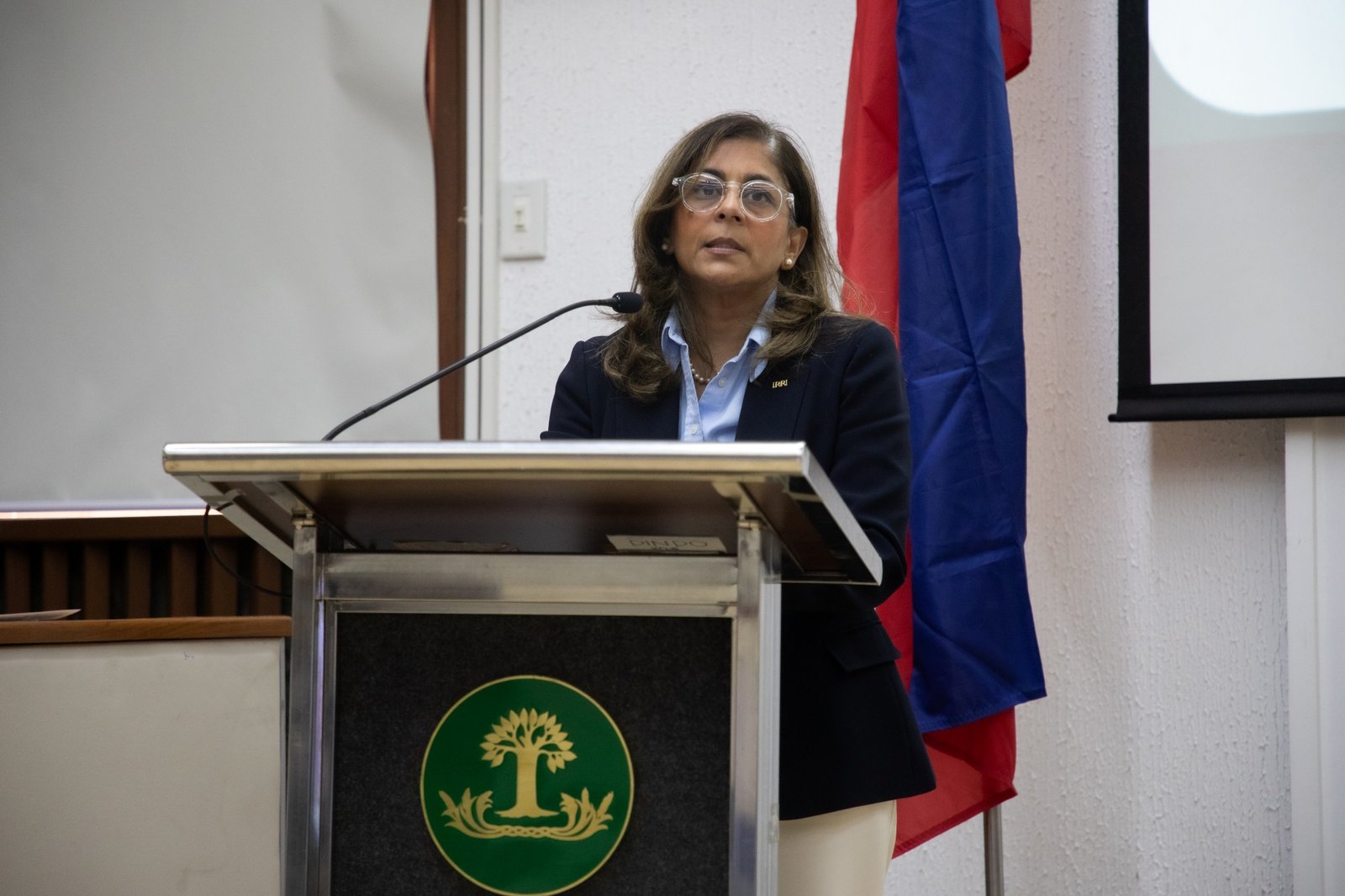Monday, 2 February 2026

Image Source: IRRI
The Korea International Cooperation Agency (KOICA), University of the Philippines Los Baños (UPLB), and the International Rice Research Institute (IRRI) have jointly launched the Philippines’ first national omics research centre—the Agricultural Genomics Research Center (AGRC)—to fast-track innovation in food and agriculture.
The announcement was made during the 4th KOICA-UPLB-IRRI International Conference held in Los Baños, which brought together scientists, academics, and development partners from across Asia to discuss how genomics and bioinformatics can address food insecurity, environmental challenges, and rural livelihood distress.
The AGRC, developed with support from KOICA and IRRI, houses state-of-the-art infrastructure for genomics, proteomics, and metabolomics research across crops, livestock, and microorganisms. Located at UPLB, the centre is positioned as an open-access hub to support national and regional scientific progress.
Over 150 scientists and regulators have already undergone training at the AGRC in genomics, biosafety, and data analytics. The facility is backed by curriculum partnerships, scholarships, and a nationwide capacity-building plan that includes state universities and government agencies.
IRRI has integrated the genomics centre with its speed breeding and phenomics platforms to reduce the development time for improved crop varieties, including drought-resilient and nutrient-rich rice.
During the conference, Southeast Asian Regional Center for Graduate Study and Research in Agriculture (SEARCA) Director Dr Mercedita Sombilla stressed the need for science-based policy, productivity reforms, and regional cooperation to reverse slowing agricultural growth in Southeast Asia.
The Korea-Philippine Omics Partnership Network (KPOP-Net), launched under the initiative, is promoting joint research, curriculum development, and technology transfer between Korean and Philippine institutions. Several Philippine universities—including Central Luzon State University and Visayas State University—presented use cases of genomics and biotechnology in academic and farm-level settings.
The initiative currently supports 15 UPLB master’s students hosted at IRRI and 10 PhD candidates at Korean universities through a collaborative sandwich program.
UPLB Chancellor Dr Jose V. Camacho Jr highlighted the potential of genomics in developing climate-resilient crops, improving nutritional outcomes, and preserving biodiversity.
IRRI project leader Dr Jae Sung Lee said the AGRC combines upstream research with direct on-farm applications. Faculty returning from Korea after PhD training will lead research across crops, livestock, insects, and microbial systems.
The KOICA-UPLB-IRRI partnership aims to deepen scientific cooperation and expand its regional footprint, with AGRC serving as the cornerstone of ASEAN-wide collaboration in agricultural genomics.
The theme of this year’s conference was “Future-Proofing Agriculture Through Science and Collaboration.”